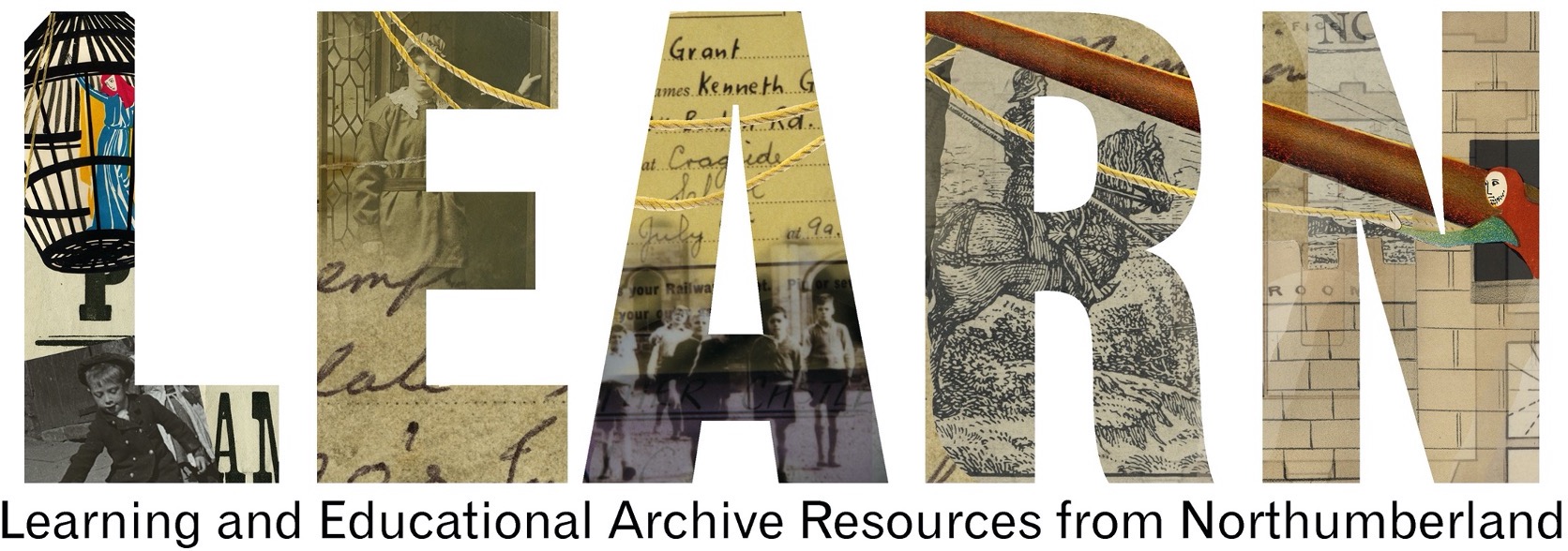Family Responses to the Work of Josephine Butler
CONTEXT
Maria [Mia] St. Paul’s family ties to Josephine Butler led to the marriage of Mia to Josephine’s son, George Grey Butler, a Senior Examiner to the Civil Service, in 1893. The couple had three children, Hetha Grey St. Paul Butler, Horace George St. Paul Butler, and Irene Maria Butler.
George’s affection for his wife is clear in their correspondence, addressing Mia as ‘my dearest one’, and signing off the letters as ‘your loving husband’ and ‘your loving George’. Many of their letters were illustrated.
Their story unfortunately does not have a happy ending. A diary kept by George after the birth of their daughter Irene in 1901 charts Mia’s short illness and death. It seems that she suffered from blood poisoning after childbirth, and she suffered hallucinations for days before she died. George’s great love for his wife is very apparent in this heart-breaking diary.
Josephine’s work was all-encompassing, and this had a huge and everlasting impact on her family, and not in the positive way we may first assume.
It could be argued that George Grey Butler, Josephine’s eldest son, had been influenced by his mothers’ attitudes in respect to women in that he seemed to be – for the time – a forward-thinking man. During his marriage to Maria St. Paul, he regularly discussed estate business with her, as well as art and literature, courting her opinion and treating her as his equal. When Maria died, the documents indicate that George stepped up to raise his three children, being a hands-on father, which would have been unusual in Victorian and Edwardian England.
Although undoubtedly heavily influenced by his mother, George felt a great anger towards her, believing that she had abandoned her three boys after the death of Evangeline, instead throwing herself into her work. Josephine’s campaigning and religious zeal seems to have come between her and her children. They felt neglected as their mother travelled across the country to spread her message. Her endeavour to explain life’s trials and tribulations as tasks set by God were often hard to take. Some of the letters sent by Josephine to her son, George, have been annotated by him, and the bitterness he felt at her religious beliefs taking precedence over family is very strong.
This anger deepened with his mothers’ perceived treatment of Maria; that she had not welcomed Maria as she should have done, that her affection was sometimes an act. When Maria became ill after the birth of Irene (the third child of Maria and George), and subsequently died, George intimates that Josephine was not there for the family.
OTHER ONLINE RESOURCES
London School of Economics page on Josephine Butler and her work – https://www.lse.ac.uk/library/collection-highlights/prostitution-and-trafficking
Google Arts & Culture page on Josephine Butler – https://artsandculture.google.com/story/zQXBb13WOTDcIQ
Bridgewater State University thesis on Prostitution and the Contagious Diseases Acts in NineteenthCentury England – Victoria Knox (2022) – https://vc.bridgew.edu/cgi/viewcontent.cgi?article=1584&context=honors_proj
National Library of Medicine website article An Exposure of the Contagious Diseases Acts, and of Government Lock Hospitals – https://www.ncbi.nlm.nih.gov/pmc/articles/PMC5903772/
National Archives blog on the Contagious Disease Acts – https://blog.nationalarchives.gov.uk/mistaken-identity-elizabeth-burley-and-the-contagious-diseases-acts/
Museum of Healthcare blog on the Contagious Diseases Acts – https://museumofhealthcare.blog/prostitution-regulation-and-public-health-the-contagious-diseases-act-of-britain/


